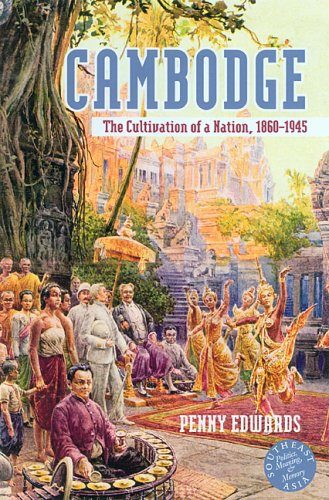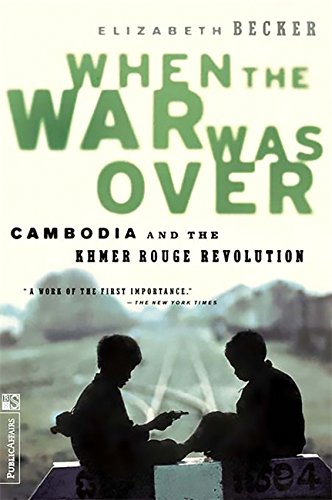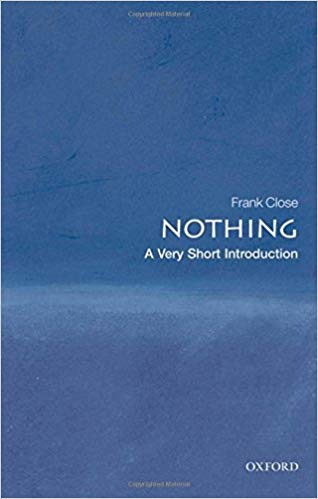Cambodge: The Cultivation of a Nation,
1) Cambodge: The Cultivation of a Nation, 1860-1945 – Penny Edwards
University of Hawaii Press | 2008 | PDF
This strikingly original study of Cambodian nationalism brings to life eight turbulent decades of cultural change and sheds new light on the colonial ancestry of Pol Pot’s murderous dystopia. Penny Edwards recreates the intellectual milieux and cultural traffic linking Europe and empire, interweaving analysis of key movements and ideas in the French Protectorate of Cambodge with contemporary developments in the Métropole. From the naturalist Henri Mouhot’s expedition to Angkor in 1860 to the nationalist Son Ngoc Thanh’s short-lived premiership in 1945, this history of ideas tracks the talented Cambodian and French men and women who shaped the contours of the modern Khmer nation. Their visions and ambitions played out within a shifting landscape of Angkorean temples, Parisian museums, Khmer printing presses, world’s fairs, Buddhist monasteries, and Cambodian youth hostels. This is cross-cultural history at its best.
With its fresh take on the dynamics of colonialism and nationalism, Cambodge: The Cultivation of a Nation will become essential reading for scholars of history, politics, and society in Southeast Asia. Edwards’ nuanced analysis of Buddhism and her consideration of Angkor’s emergence as a national monument will be of particular interest to students of Asian and European religion, museology, heritage studies, and art history. As a highly readable guide to Cambodia’s recent past, it will also appeal to specialists in modern French history, cultural studies, and colonialism, as well as readers with a general interest in Cambodia.
2) When The War Was Over: Cambodia And The Khmer Rouge Revolution (Revised Edition) – Elizabeth Becker
PublicAffairs | 1998 | EPUB
Award-winning journalist Elizabeth Becker started covering Cambodia in 1973 for The Washington Post, when the country was perceived as little more than a footnote to the Vietnam War. Then, with the rise of the Khmer Rouge in 1975 came the closing of the border and a systematic reorganization of Cambodian society. Everyone was sent from the towns and cities to the countryside, where they were forced to labor endlessly in the fields. The intelligentsia were brutally exterminated, and torture, terror, and death became routine. Ultimately, almost two million people—nearly a quarter of the population—were killed in what was one of this century’s worst crimes against humanity.When the War Was Over is Elizabeth Becker’s masterful account of the Cambodian nightmare. Encompassing the era of French colonialism and the revival of Cambodian nationalism; 1950s Paris, where Khmer Rouge leader Pol Pot received his political education; the killing fields of Cambodia; government chambers in Washington, Paris, Moscow, Beijing, Hanoi, and Phnom Penh; and the death of Pol Pot in 1998; this is a book of epic vision and staggering power. Merging original historical research with the many voices of those who lived through the times and exclusive interviews with every Cambodian leader of the past quarter century, When the War Was Over illuminates the darkness of Cambodia with the intensity of a bolt of lightning.
 1 / 2
1 / 2 2 / 2
2 / 2
